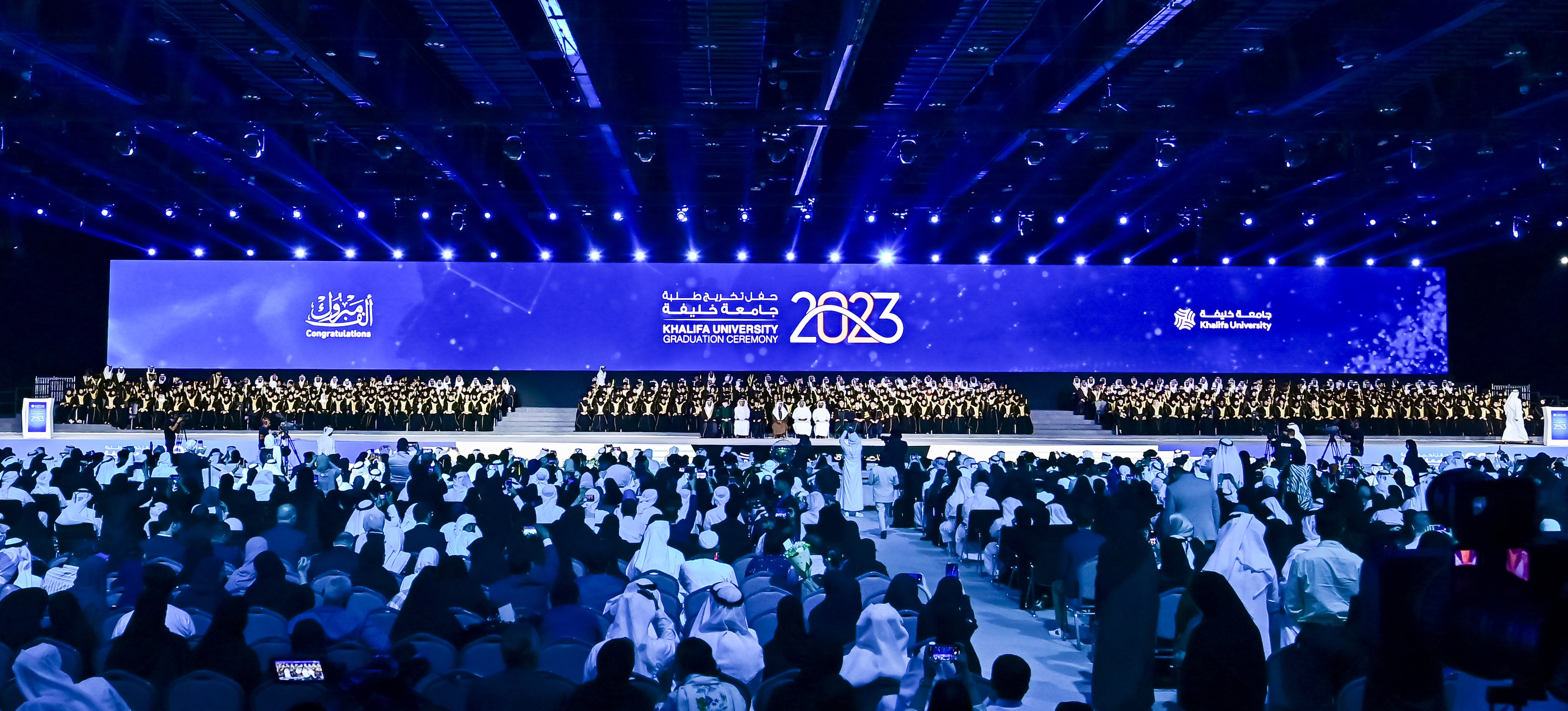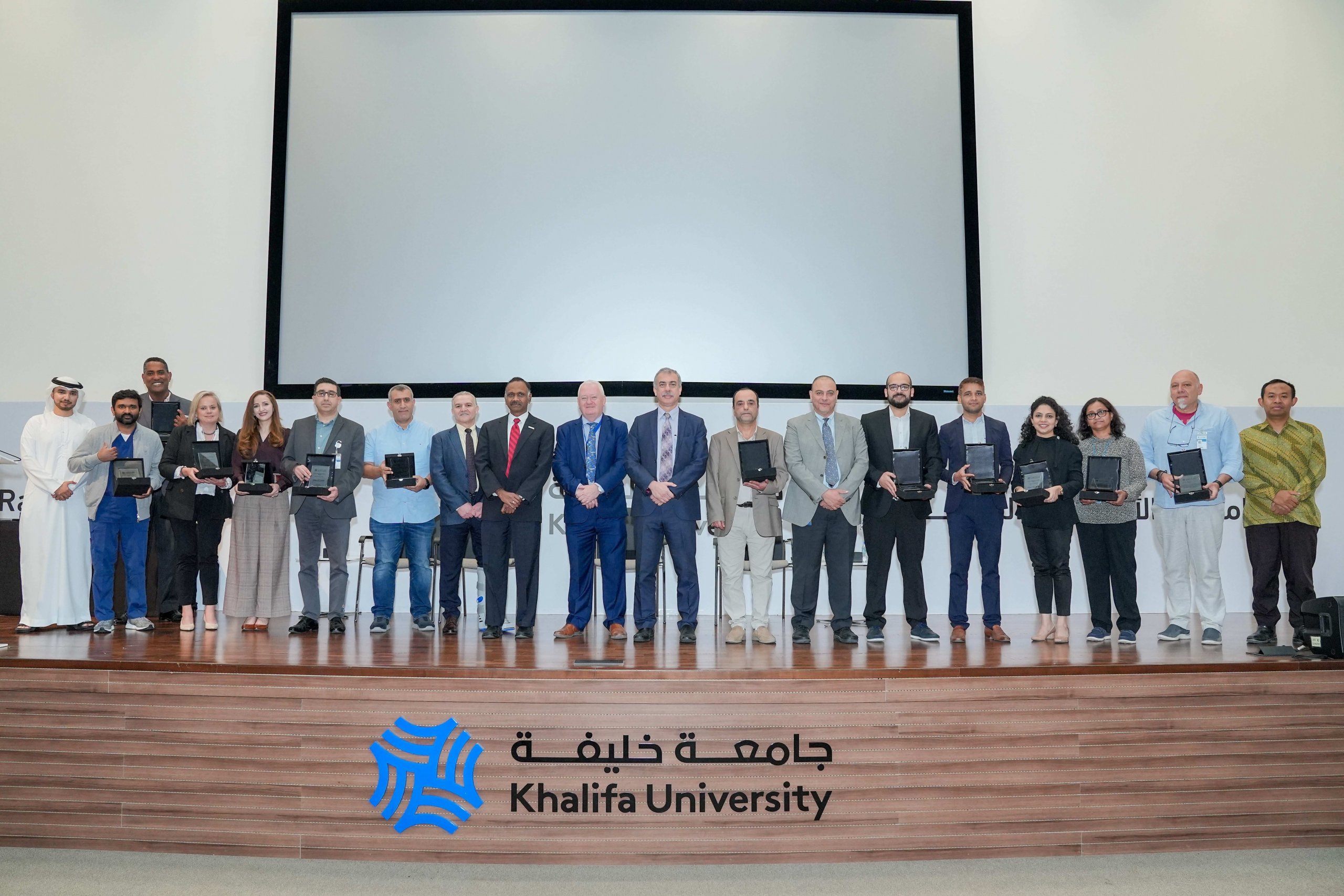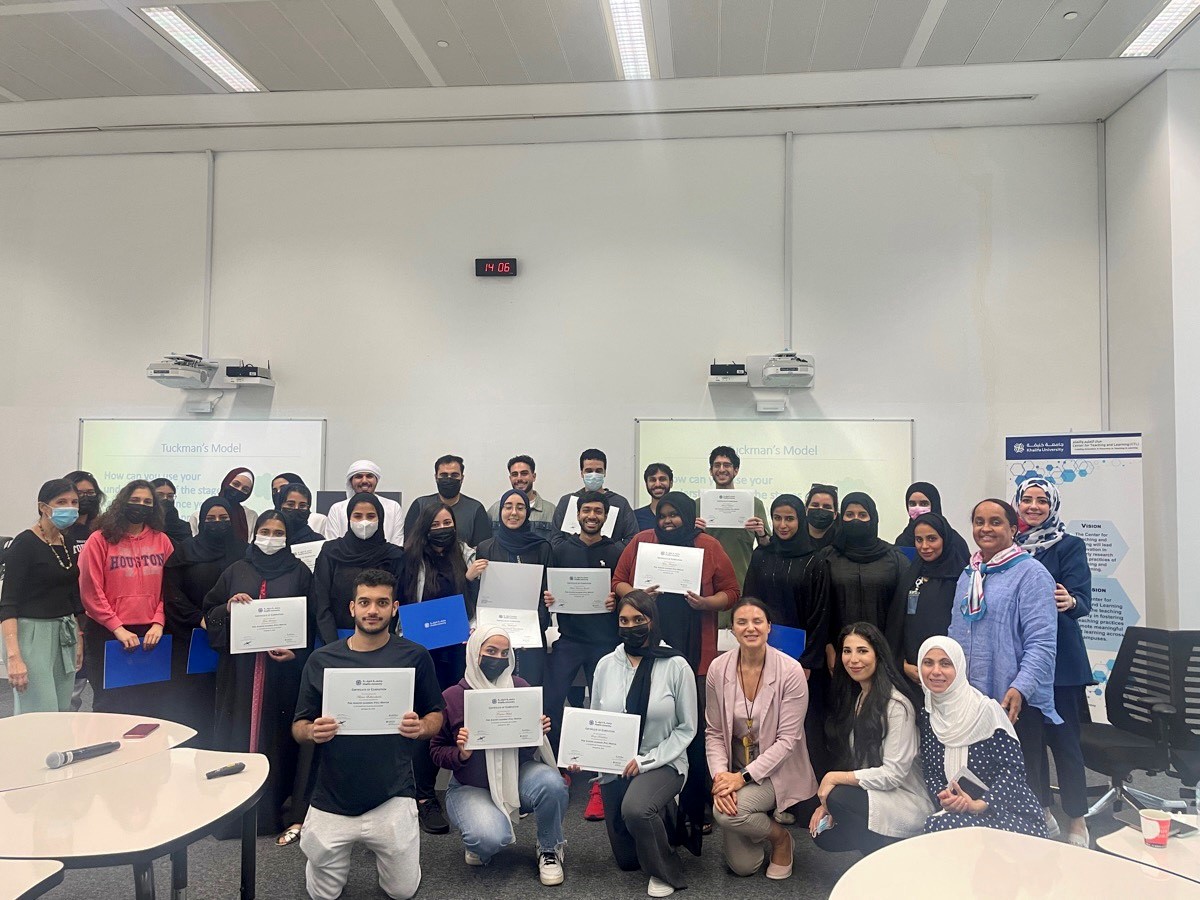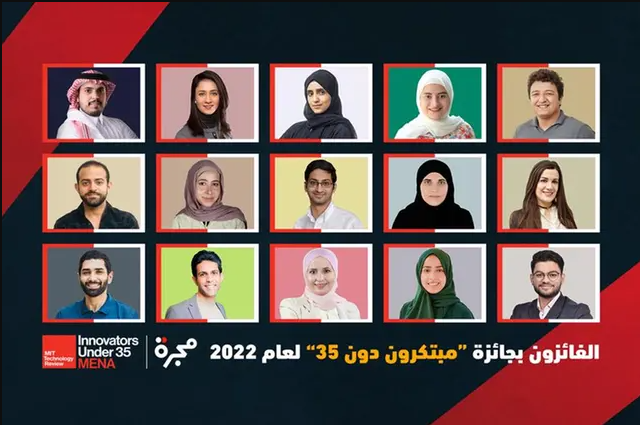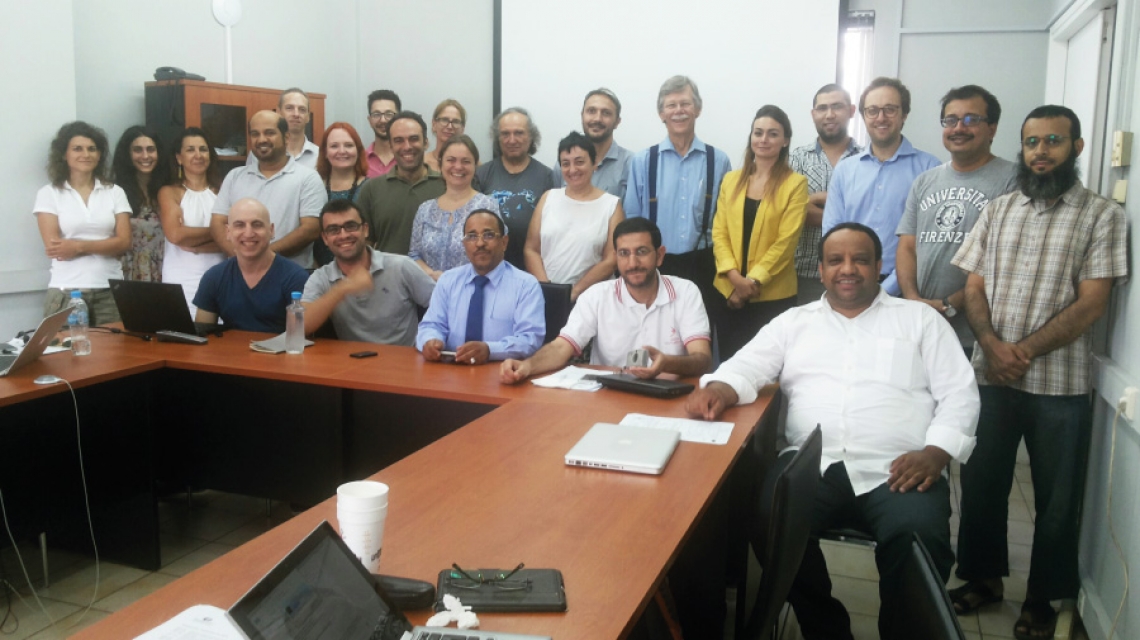
The value of using advanced engineering to ensure that urban infrastructures are able to sustainably meet the needs of city residents for generations to come was highlighted by Masdar Institute Assistant Professor Dr. Elie Azar during the the European Union and Gulf Cooperation Council Science and Technology International Cooperation Network (INCONET-GCC2) 1st Summer School, which took place in Volos, Greece, on 7-10 September 2015.
Dr. Azar delivered the first keynote speech of the event titled ‘Towards Smart Cities, Buildings and People’, in which he discussed common issues and sustainability challenges on a local and international scale, and defined the concept of a smart city and its different pillars – buildings, transportation, governance, information communications technologies and citizens.
“While citizens must play an important role to enable sustainability in cities in the future, technology-related solutions – like the smart buildings and smart grid systems being researched at Masdar Institute – are integral. This event, and the workshops that were part of it, have helped lay the foundations for future collaborative projects through the EU Horizon 2020 framework,” Dr. Azar explained.
His keynote speech highlighted the research being conducted at Masdar Institute in its Sustainable Critical Infrastructure Program and the Department of Engineering Systems and Management in relation to smart cities, and the key challenges facing current and future smart cities. In his concluding remarks, Dr. Azar discussed the importance of the role that people have to achieve the transition to more sustainable cities.
As part of his participation in the summer school, Dr. Azar also led a workshop titled ‘Smarter Cities, Buildings and People’, which was attended by professionals and academics from Oman, Bahrain, Qatar, Greece, Brazil and Switzerland. The aim of the workshop was to find common areas of collaboration and focused on the main values that should be implemented in smart cities – both in the GCC and Europe.
The summer school was held under the theme of ‘Collective Awareness Platforms for Smart Cities Development,’ and was established as a way of promoting collaboration between institutes and research centers towards smart city development.
Emphasizing the challenges of sustainable urban design and development, this year the event stressed the importance of developing and implementing a strategy to address the issues related to smart and sustainable cities while promoting the ‘Smart Cities’ model and the potential for developed technologies to address aspects related to energy and the environment, and the urban design and development of a city. The objective of the summer school was to ensure that it created an awareness of smart city issues by creating a dialogue between participants and encouraging attendees to discuss shared issues that could lead to cooperative action and collaboration.
INCONET-GCC2 is a three year project, which began in 2014, and is sponsored by the Directorate General for Research and Innovation at the European Commission. The aim of the project is to facilitate bi-regional coordination during the Horizon 2020 program, an EU research and innovation program that is providing nearly €80 billion in funding between 2014 and 2020.
Ciara Sutton
News and Features Writer
13 September 2015



